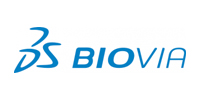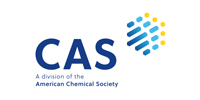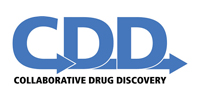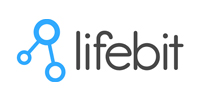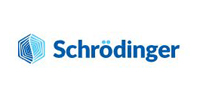2022 Pistoia Alliance Annual European Conference
Pistoia Alliance’s Annual European Conference: Driving Patient Centricity in R&D
The voice of the empowered patient is on the rise. Through a series of keynote presentations, focused discussions, and breakout sessions, the Pistoia Alliance’s Annual European Conference focused on Patient Centricity in R&D in an effort to look at the challenges and opportunities for embedding patient centricity within the biopharma value chain—from early discovery right through to post commercialization and its potential for real-world data insights.
Digital health thought leader shows how patient centricity benefits clinical trials and patient outcomes
It may be hard to see because we are still in the midst of it, but Pistoia Alliance conference keynote speaker Cristina Ortega Duran, Chief Digital Health Officer R&D for AstraZeneca, believes we are “living through the largest transformation in human history.”
During her speech, Duran cited statistics that predict the digital health market will reach $600 billion by 2026. “The pandemic has changed behaviors, the way billions of people interact with health care,” she said.
Instead of asking individual patients to move around to navigate health care, Duran said, with new digital technologies and tools, health care will place the patient in the center and adapt to their lifestyle. In clinical trials, 90% of data was collected from sites. Now, with clinically validated technology, it is possible to collect 70% of data at home. AstraZeneca surveys showed 75% of people, both patients and physicians, now prefer virtual health care visits for non-urgent care.
“It will be holistic, not just physical but also mental health care,” Duran said. “And hopefully it will use data analytics to find the best pathway to get someone better.”
Already, digital health tools are shifting the focus from late-disease management to disease prevention, she added. This has led to prolonged survival for oncology patients, as well as improved quality of life.
Clinical trials are becoming more patient-centric and efficient as well. AstraZeneca surveyed clinical trial participants to get their feedback. By doing most of the assessments at home now through a platform called Unify, patients have less travel time and less time away from work.
For the pharma industry, making clinical trials more patient-centric can have huge benefits, Duran said. “In some of the studies we are currently running, by having less physical visits you can get more patients and you can accelerate these studies by nearly 30 percent,” she said. “It can reduce the cost by 20-40 percent because you’re doing it in a more efficient way.”
Adding in new technologies, such as artificial intelligence, contributes even more to efficiency. For example, AI can employ algorithms to adjudicate adverse events in clinical trials — a painstakingly slow job that has historically been done manually by physicians.
Improving the patient experience also leads to better outcomes, Duran said. “In this new era of targeted precision medicine, we all play a role in creating the patient-centric future that patients deserve.”
In one case study, proactive and continuous digital monitoring of symptoms in cancer patients was used to catch early signs of lung cancer progression in patients, which allowed physicians to take preventative steps earlier, in between regular health care visits.
A few challenges remain: one is always being vigilant about patient privacy. The other is making sure clinical trials are using global data and data that is consistent across platforms and nations, Duran said: “Only by sharing will we be able to improve human health.”
Speaker
- Cristina Ortega Duran, Chief Digital Health Officer R&D, AstraZeneca
2022 European Conference Sponsors
Ready to Get Involved?
There has never been a more important time to collaborate to innovate as an industry! If you would like to find out more about the benefits of Pistoia Alliance membership and how you can get involved with all the different initiatives we run, please send an email to Membership@PistoiaAlliance.org.
Access the Recording
We will email you the recording.


